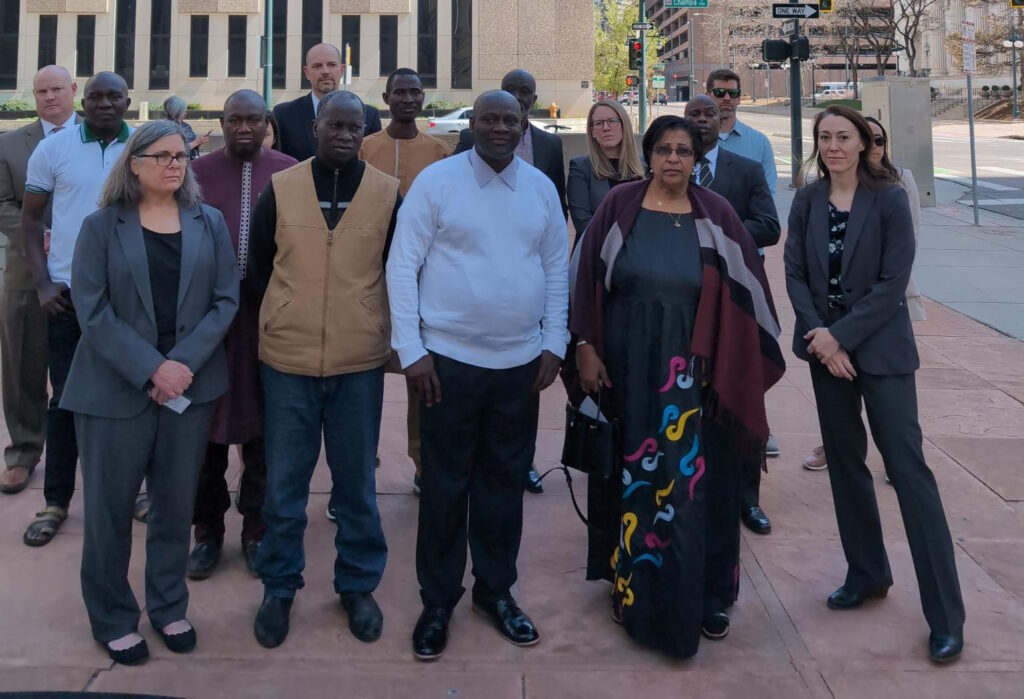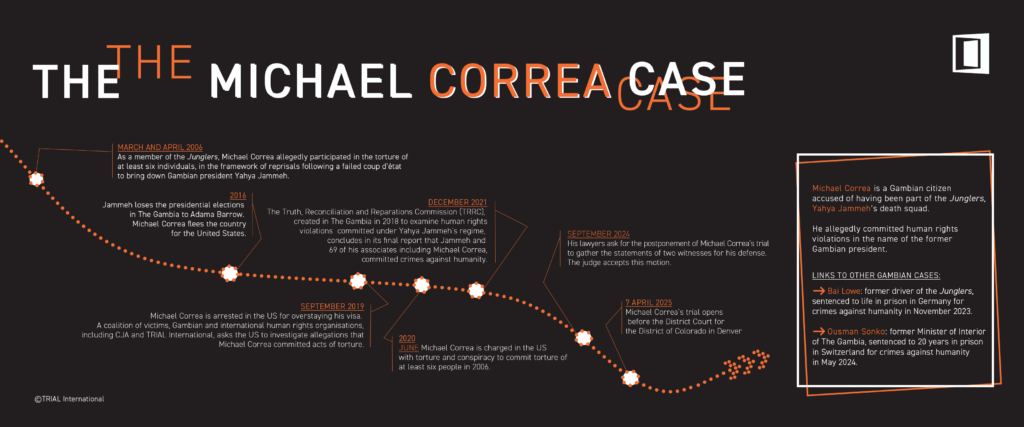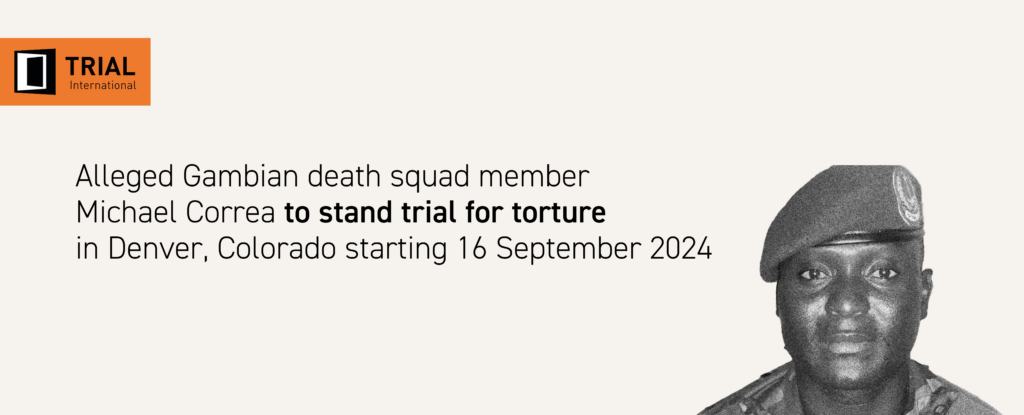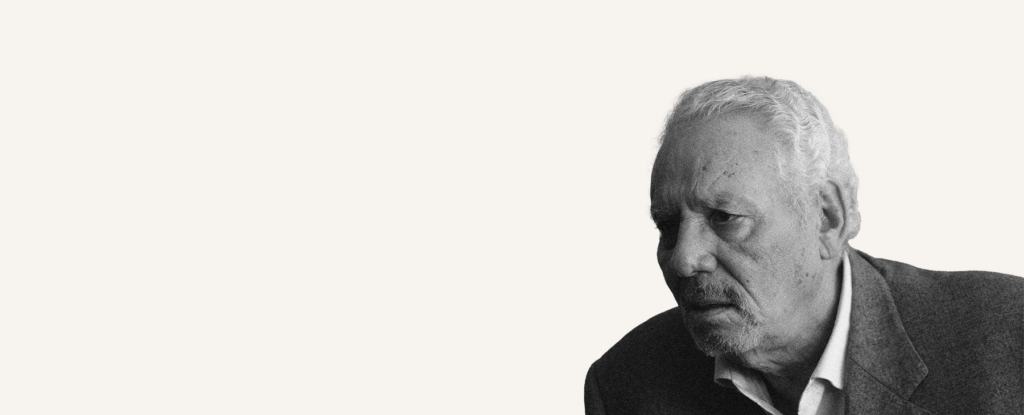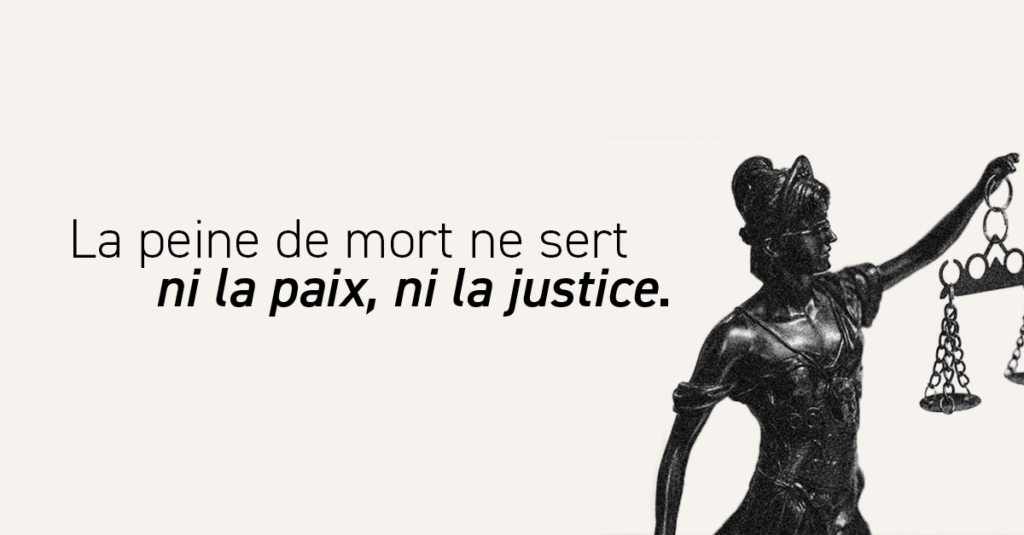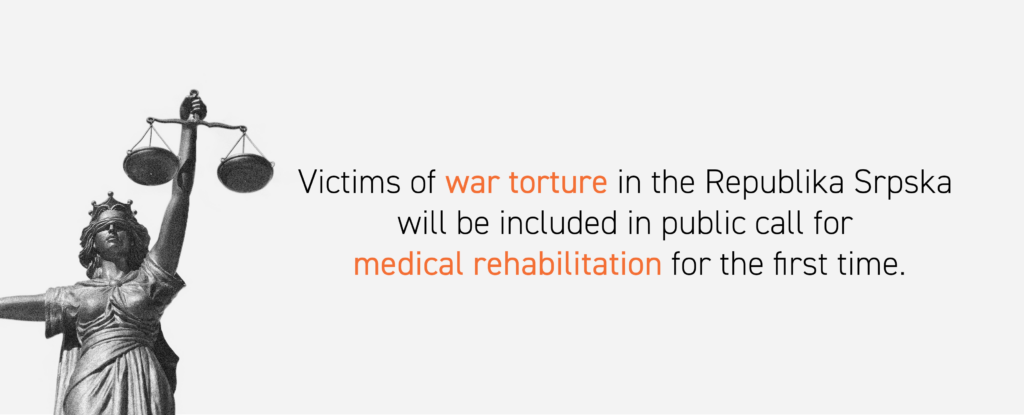Killing of a minor in Nepal: 18 years of quest for justice
CASE ANIL CHAUDARY V. NEPAL
Anil Chaudhary was a 15-year-old boy when he was shot and killed by security officers. Since then, his parents have relentlessly sought justice. On the 28 March,14 years after Anil Chaudhary’s death, TRIAL International brought the case before the United Nations Human Rights Committee (HRC).
THE CASE
Anil Chaudhary was born in the District of Bardiya and belonged to the indigenous ethnic group Tharus.
On March 15 2004, Anil Chaudhary was cycling with his neighbor Ram Prasad Chaudhary towards the village of Fattepur, where he lived at that time. On their way, the boys were intercepted by a group of approximately 200 security officers.
Some officers tied the boys’ hands behind their backs and questioned them about potential links with the Maoist guerrilla. They subjected the two minors to verbal assault and physical abuse. They then dragged them to a nearby canal, where they continued the beatings. One officer then fired a mortal bullet at Ram Prasad Chaudhary. Anil Chaudhary witnessed the extrajudicial killing. He was subsequently questioned and ill-treated for half an hour, before being killed by three bullets shot in the back of his head.
THE QUEST FOR JUSTICE
Over the past 18 years, Anil Chaudhary’s parents have tried to obtain justice and redress.
They repeatedly submitted complaints to different Nepalese authorities, to no avail. After many attempts, the Police has allegedly registered a criminal complaint (“first information report”), but has refused to provide them with any information.
To date, no one has been held accountable for Anil Chaudhary’s death, and his family has not received adequate compensation for the harm suffered.
Having exhausted all domestic remedies and with the help of TRIAL International, Anil Chaudhary’s parents turned to the HRC on 28 March 2018.
The case is currently pending.
ALLEGED VIOLATIONS
It is alleged that Anil Chaudhary is a victim of arbitrary arrest, torture and extra-judicial killing by Nepalese security officers, in contravention of Articles 6, 7 and 9 of the International Covenant on Civil and Political Rights.
These violations had an allegedly discriminatory ground based on his ethnicity and were aggravated by the fact that he was a minor at the time of the events.
TRIAL International request the HRC, to establish that Nepal violated Anil Chaudhary’s rights, and is under the obligation to, among others, investigate into his death, hold the perpetrators accountable and provide his parents with adequate compensation.
United Nations recognizes Nepal’s responsibility on the torture and extra-judicial killing of Anil in it’s decision of the 20th of May 2022
CONTEXT
This case must be read in the context of the 10 years long internal armed conflict that opposed the Nepalese government and the Communist party of Nepal-Maoist, during which arbitrary arrest, torture and extrajudicial killings were practiced on a systematic basis.
The events took place in the District of Bardiya which was particularly affected by the conflict. Tharus indigenous, including women and children, were often associated with the Maoist guerrilla and targeted by security forces.
Read more on accountability in Nepal
Read another extra-judicial killing of a minor in Nepal case
Read the press release of the HRC decision

